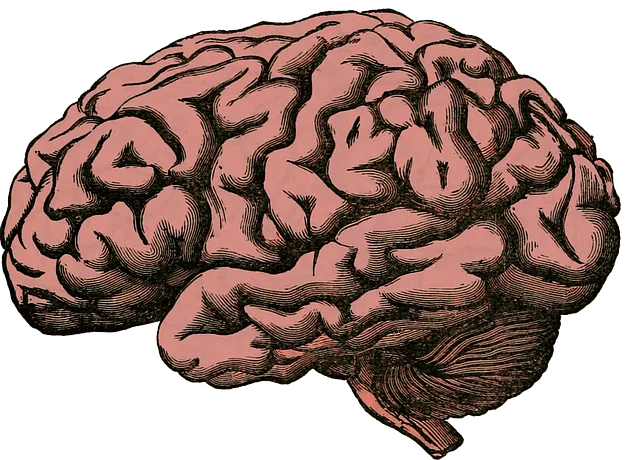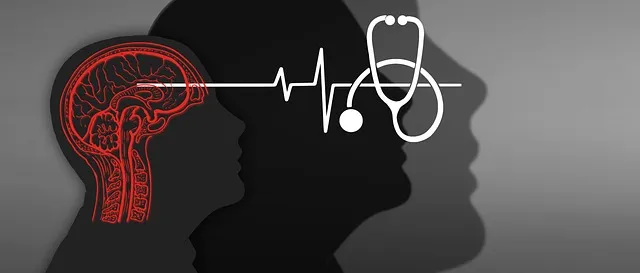Kaiser Permanente's Mental Health Access Center Superior prioritizes cultural competency to improve patient outcomes. Through education, awareness initiatives, and continuous learning, healthcare providers create inclusive environments that build trust and encourage open communication with diverse patients. The center offers innovative programs breaking down barriers to mental health care, including tailored burnout prevention strategies and conflict resolution techniques, ultimately enhancing community engagement and well-being.
Healthcare provider cultural competency training is an essential component of modern medical practice, ensuring patient care that respects and understands diverse cultural backgrounds. This article explores the significance of cultural competency, using Kaiser Permanente’s innovative approach to mental health training as a case study. We delve into successful strategies, such as the Superior Access Center, that enhance community engagement and overcome barriers to provide equitable mental health services. By learning from these models, healthcare systems can better serve diverse populations.
- Understanding Cultural Competency in Healthcare
- Kaiser Permanente's Approach to Mental Health Training
- Overcoming Barriers: Expanding Access to Care
- The Superior Center: Enhancing Community Engagement
Understanding Cultural Competency in Healthcare

Cultural competency in healthcare is a vital aspect that goes beyond treating symptoms. It involves understanding and respecting diverse cultural backgrounds, beliefs, and values to deliver patient-centered care. This concept is especially crucial in organizations like Kaiser Permanente Mental Health Access Center Superior, where a diverse patient population seeks mental health services. By integrating cultural competence, healthcare providers can create an inclusive environment fostering trust and open communication, ultimately enhancing treatment outcomes.
The journey towards culturally competent healthcare begins with education and awareness. Organizations such as the Mental Health Awareness initiative offer valuable resources and workshops focused on stress management and positive thinking. These programs equip providers with the skills to navigate cultural differences, recognize unconscious biases, and adapt their practices to meet the unique needs of every patient. Through ongoing training and reflection, healthcare professionals can ensure they provide equitable care that respects and values the diversity within their communities.
Kaiser Permanente's Approach to Mental Health Training

Kaiser Permanente, a healthcare organization renowned for its comprehensive approach to patient care, has established the Mental Health Access Center as a hub for advancing mental health services and training. This center plays a pivotal role in promoting cultural competency among healthcare providers, focusing on improving access to mental health support for diverse communities. Through innovative programs, they address the unique challenges faced by different cultural and ethnic groups when seeking mental wellness services.
The Mental Health Access Center offers a range of resources, including community outreach programs aimed at breaking down barriers to care. They implement burnout prevention strategies tailored to healthcare providers’ needs, ensuring staff well-being while enhancing patient outcomes. Additionally, the center provides training on conflict resolution techniques, enabling professionals to navigate sensitive situations with cultural sensitivity and efficiency.
Overcoming Barriers: Expanding Access to Care

Overcoming barriers to access is a critical component of cultural competency training in healthcare. By implementing strategies that expand mental health services, organizations like Kaiser Permanente’s Mental Health Access Centers can foster more inclusive care. This involves addressing systemic issues and biases that may deter individuals from seeking support, especially within diverse communities.
Cultural competency training equips healthcare providers with burnout prevention techniques and emotional well-being promotion methods to ensure they can effectively serve a wide range of patients. By understanding the unique mental wellness needs of different cultural groups, providers can create safe spaces, improve communication, and reduce barriers to care. This not only enhances patient outcomes but also promotes a more holistic approach to healthcare, where mental health is prioritized and accessible to all.
The Superior Center: Enhancing Community Engagement

The Superior Center, a flagship initiative by Kaiser Permanente, exemplifies how healthcare provider cultural competency training can transform community engagement. By focusing on mental health access and Inner Strength Development, this center serves as a beacon of hope for individuals seeking support. The facility offers comprehensive services tailored to diverse communities, ensuring that Mental Health Awareness is not just promoted but actively cultivated.
Through innovative programs and workshops, the Superior Center equips healthcare professionals with crucial skills in risk assessment for mental health issues. This training empowers them to address complex cultural dynamics, fostering a more inclusive and empathetic healthcare environment. By integrating these practices, Kaiser Permanente demonstrates its commitment to enhancing community well-being and delivering exceptional mental health care.
Healthcare provider cultural competency training is no longer a consideration but a necessity. As diverse communities continue to grow, it’s imperative that healthcare organizations like Kaiser Permanente prioritize mental health access and community engagement. The Superior Center serves as a shining example of successful implementation, demonstrating how comprehensive training can foster inclusive care. By learning from such models, we can ensure that everyone receives quality mental health services tailored to their unique cultural needs. Overcoming barriers to access is crucial for creating a healthier, more equitable future for all.






